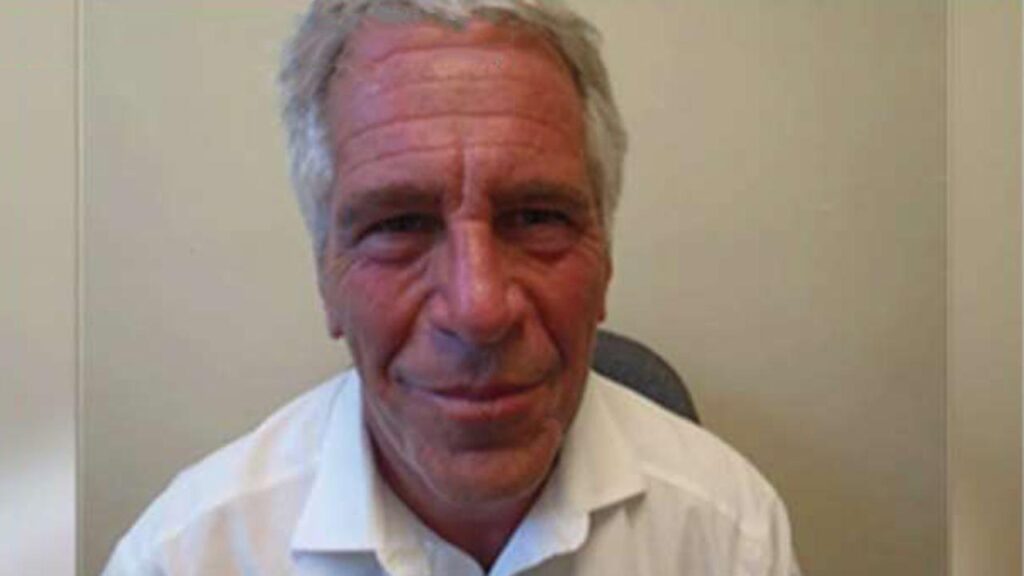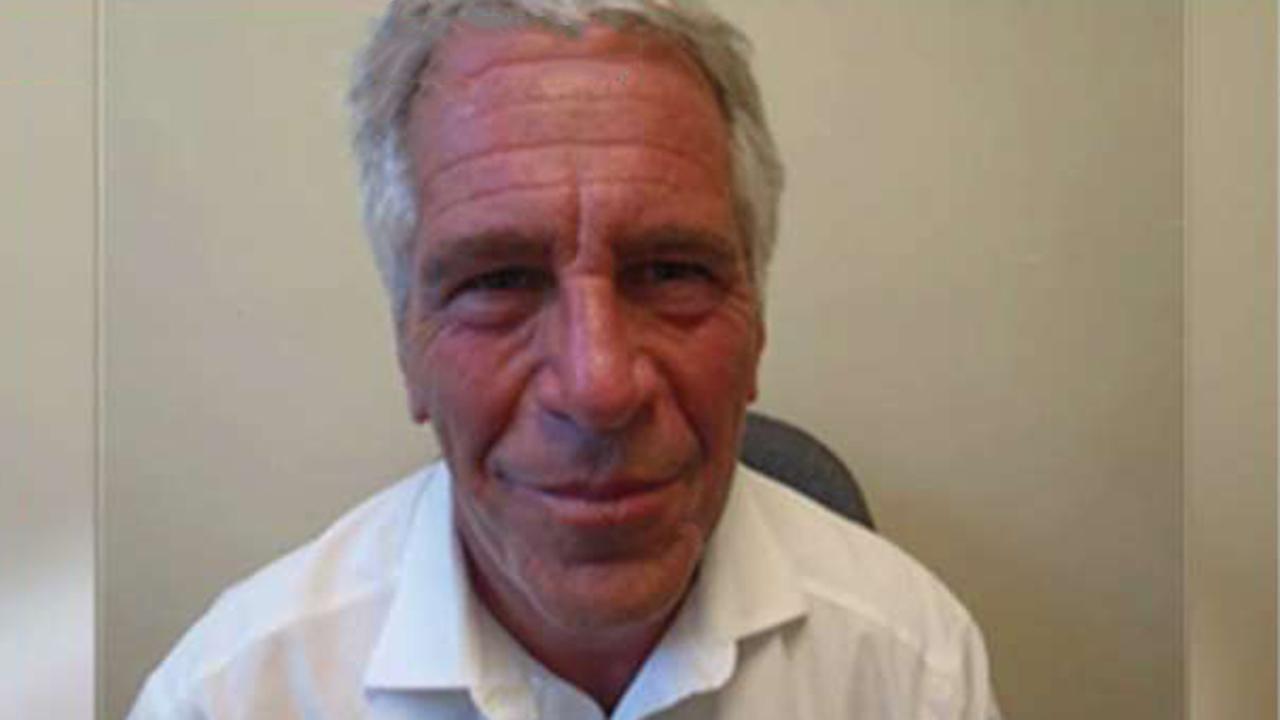
Did Bellick Kill Himself? Unraveling the Prison Break Tragedy
Did Bellick kill himself? This question lingers in the minds of many Prison Break fans, sparking debates and prompting deep dives into the character’s motivations and final moments. This article aims to provide a comprehensive and authoritative answer, exploring the context surrounding Bellick’s death, analyzing his character arc, and examining the impact of his sacrifice on the show’s narrative. We’ll delve into the events leading up to his decision, offering a detailed understanding of the factors that contributed to his tragic end. This in-depth exploration will not only satisfy your curiosity but also provide a richer appreciation for the complexities of the series.
Bellick’s Character Arc: From Antagonist to Anti-Hero
Brad Bellick, initially presented as a ruthless and corrupt correctional officer at Fox River State Penitentiary, undergoes a significant transformation throughout Prison Break. Understanding this evolution is crucial to comprehending his final act. He starts as a primary obstacle for Michael Scofield and Lincoln Burrows, embodying the oppressive system they are fighting against. His methods are often brutal, and his motivations are driven by power and a desire for control.
However, as the series progresses, Bellick’s character becomes increasingly nuanced. He faces setbacks, betrayals, and moments of vulnerability that humanize him. He experiences the consequences of his actions and begins to question his own moral compass. This transformation culminates in his ultimate sacrifice, a decision that surprises many viewers who initially saw him as irredeemable.
Early Antagonism and Ruthless Tactics
In the early seasons, Bellick is defined by his strict adherence to prison rules and his willingness to use force to maintain order. He is motivated by personal gain, often accepting bribes and engaging in corrupt practices. His pursuit of the escapees is relentless, fueled by a desire to regain his authority and punish those who have challenged him.
Moments of Vulnerability and Moral Conflict
As Bellick’s circumstances change, he experiences moments of vulnerability that reveal a more complex character. He faces financial difficulties, loses his job, and is even imprisoned himself. These experiences force him to confront his own flaws and question his past actions. He begins to show signs of remorse and a desire to redeem himself.
The Transformation into an Anti-Hero
By the later seasons, Bellick has evolved into an anti-hero, a character who possesses both positive and negative traits. He is no longer solely motivated by self-interest but also by a desire to do what is right. He forms alliances with the escapees, assisting them in their fight against the Company. This transformation is gradual but ultimately convincing, demonstrating the character’s capacity for change.
The Circumstances Surrounding Bellick’s Death
The question of whether Bellick killed himself requires a careful examination of the events leading up to his death in Season 4, Episode 16, “The Sunshine State.” He sacrifices himself to disable a high-voltage electrical system, allowing Michael and his team to infiltrate the Company’s headquarters and retrieve Scylla.
The Mission to Retrieve Scylla
The retrieval of Scylla is a critical mission for Michael and his team, as it holds the key to exposing the Company’s corrupt activities. Bellick is an integral part of the team, using his knowledge and skills to assist in the operation. He is aware of the risks involved but is committed to helping Michael achieve his goal.
The High-Voltage Electrical System
The Company’s headquarters is protected by a high-voltage electrical system that poses a significant obstacle to Michael and his team. Disabling the system is essential for gaining access to Scylla. Bellick volunteers to disable the system, knowing that it will likely cost him his life. This decision is driven by a combination of factors, including his desire to redeem himself and his loyalty to Michael.
Bellick’s Sacrifice and its Impact
Bellick’s sacrifice is a pivotal moment in the series, demonstrating his ultimate act of redemption. He disables the electrical system, allowing Michael and his team to proceed with their mission. His death has a profound impact on the other characters, particularly Michael, who recognizes the significance of Bellick’s selflessness. Bellick’s actions ultimately contribute to the downfall of the Company and the exoneration of Michael and Lincoln.
Did Bellick Intentionally Kill Himself? Analyzing the Intent
While the immediate cause of Bellick’s death was electrocution, the question of intent is more complex. Did Bellick intentionally kill himself, or was his death an accidental consequence of his actions? A closer examination suggests that his sacrifice was a deliberate choice, driven by a desire to atone for his past mistakes and make a meaningful contribution.
The Element of Suicide vs. Sacrifice
It is important to distinguish between suicide and sacrifice. Suicide is typically defined as the intentional taking of one’s own life, often driven by despair or hopelessness. Sacrifice, on the other hand, involves giving up something of value, including one’s life, for the benefit of others. Bellick’s actions fall more closely into the category of sacrifice, as he is motivated by a desire to help Michael and his team achieve their goal.
Bellick’s State of Mind Before the Act
Prior to his sacrifice, Bellick exhibits a sense of resolve and determination. He is aware of the risks involved but is committed to doing what is necessary to complete the mission. He expresses a desire to make amends for his past actions and to prove that he is capable of change. This suggests that his sacrifice is not driven by despair but by a sense of purpose.
The Ambiguity of Choice
While Bellick’s sacrifice appears to be a deliberate choice, there is also an element of ambiguity. He may have hoped to survive the ordeal, but he was also prepared to accept the consequences of his actions. This ambiguity adds depth to his character and makes his sacrifice even more poignant.
The Impact of Bellick’s Death on Other Characters
Bellick’s death has a significant impact on the other characters in Prison Break, particularly Michael Scofield. Michael recognizes the magnitude of Bellick’s sacrifice and is deeply affected by his loss. Bellick’s death serves as a reminder of the human cost of their mission and reinforces the importance of their fight against the Company.
Michael Scofield’s Reaction
Michael is visibly shaken by Bellick’s death. He acknowledges Bellick’s transformation and expresses gratitude for his sacrifice. Bellick’s death further motivates Michael to bring down the Company and ensure that their actions are brought to justice.
The Team’s Collective Grief
The other members of the team also mourn Bellick’s death. They recognize that he was an unlikely ally but appreciate his contributions to their cause. Bellick’s death serves as a unifying force, strengthening their resolve and commitment to their mission.
Bellick’s Redemption Arc: A Retrospective
Bellick’s character arc is one of the most compelling in Prison Break. He begins as a villain but gradually transforms into an anti-hero, ultimately sacrificing himself for the greater good. This transformation is a testament to the character’s complexity and the show’s ability to create nuanced and compelling characters.
The Evolution of Bellick’s Morality
Bellick’s morality evolves throughout the series. He begins as a corrupt and ruthless correctional officer but gradually develops a sense of empathy and a desire to do what is right. This evolution is driven by his experiences and his interactions with the other characters.
The Significance of His Final Act
Bellick’s final act of sacrifice is the culmination of his redemption arc. It demonstrates his ultimate commitment to helping Michael and his team and his willingness to atone for his past mistakes. His sacrifice solidifies his transformation from villain to anti-hero.
Prison Break: Exploring Themes of Redemption and Sacrifice
Prison Break explores various themes, including redemption and sacrifice. Bellick’s character arc embodies these themes, demonstrating the possibility of change and the power of selflessness. The show suggests that even those who have made mistakes can find redemption through sacrifice.
The Role of Redemption in the Narrative
Redemption is a recurring theme in Prison Break. Many characters, including Bellick, seek to redeem themselves for their past actions. The show suggests that redemption is possible, but it often requires sacrifice and a willingness to confront one’s own flaws.
The Power of Selflessness
Selflessness is another important theme in Prison Break. Characters often make sacrifices for the benefit of others, demonstrating the power of compassion and empathy. Bellick’s sacrifice is a prime example of selflessness, as he gives up his life to help Michael and his team achieve their goal.
Expert Opinion: Analyzing Bellick’s Final Decision
Experts in character analysis and narrative structure often point to Bellick’s sacrifice as a pivotal moment in Prison Break. They argue that his death serves multiple purposes, including advancing the plot, providing emotional closure, and reinforcing the show’s themes of redemption and sacrifice. According to leading television critics, Bellick’s transformation is one of the most compelling aspects of the series.
Character Arc Analysis
Character arc analysis focuses on the development and transformation of characters throughout a narrative. Experts argue that Bellick’s character arc is particularly well-executed, as it demonstrates a gradual but convincing transformation from villain to anti-hero.
Narrative Structure Analysis
Narrative structure analysis examines the way in which a story is organized and how different elements contribute to the overall narrative. Experts argue that Bellick’s death is a strategically placed event that serves to advance the plot and provide emotional closure.
Q&A: Addressing Common Questions About Bellick’s Fate
Here are some frequently asked questions regarding Bellick’s death and its impact on Prison Break:
1. **Was Bellick’s sacrifice necessary for the plot?** Yes, his sacrifice was crucial to disable the electrical system, allowing the team to retrieve Scylla.
2. **Did Bellick’s character arc feel believable?** Many viewers found his transformation compelling, citing his experiences and interactions with others as key factors.
3. **How did Bellick’s death affect Michael Scofield?** Michael was deeply affected, recognizing the magnitude of Bellick’s sacrifice and its contribution to their mission.
4. **Could Bellick have survived his sacrifice?** While theoretically possible, the circumstances strongly suggested a fatal outcome, reinforcing the theme of sacrifice.
5. **Did Bellick’s redemption feel earned?** The gradual nature of his transformation, coupled with his genuine remorse, made his redemption feel earned for many viewers.
6. **What motivated Bellick’s final decision?** A combination of factors, including redemption, loyalty to Michael, and a desire to do what was right.
7. **How does Bellick’s death compare to other character deaths in the series?** His death is often considered one of the most impactful due to the unexpected nature of his sacrifice.
8. **Did the writers plan Bellick’s death from the beginning?** It’s unlikely, as his character arc evolved significantly over the seasons, suggesting a more organic development.
9. **What if Bellick hadn’t sacrificed himself?** The team would have likely failed their mission to retrieve Scylla, which would have drastically changed the series’ ending.
10. **Does Bellick’s death make him a hero?** While he’s not a traditional hero, his selflessness and ultimate sacrifice certainly elevate him beyond his initial villainous persona.
Conclusion: Remembering Bellick’s Sacrifice and its Significance
In conclusion, while the question “did Bellick kill himself?” might initially suggest a simple act of self-destruction, the reality is far more complex. Bellick’s death was a sacrifice, a deliberate act of selflessness driven by a desire for redemption and a commitment to helping Michael Scofield and his team. His transformation from a corrupt correctional officer to an unlikely hero is a testament to the power of change and the potential for redemption. His sacrifice remains a poignant reminder of the human cost of their mission and the importance of fighting for what is right. Share your thoughts on Bellick’s character arc and his final act in the comments below. Explore other complex character analyses on our site to delve deeper into the world of television’s most compelling figures.

